Meeting Face to (Face)book
Facebook is providing invaluable tools for small businesses like Garden*Hood. Still in its infancy, this Atlanta retailer has recognized Facebook’s intimate, hands-on approach when establishing meaningful relationships with its customers.
When the owners of the garden center I manage told me they had started a Facebook page for our fledgling business, I scoffed. We weren’t even open yet. Who would give two flips about “following” a tiny, unknown business that hadn’t even completed its site construction let alone opened its doors to the public? Besides, I was a Facebook skeptic. I figured it was a fad: a flash in the pan that would lead us down a shining, blissful path of free marketing before wafting away into the ether of expired cyber-trends.
Sometimes we are spectacularly wrong about things. When Garden*Hood finally opened for business, we had more than 400 followers on our Facebook page. Four hundred! I was floored; and obligated to completely rethink my stance on social media.
Facebook is providing invaluable tools for our small business. We are a company still in its infancy, and we have absolutely no room in our budget for outsourcing social media activity to a marketing firm. All our marketing is done in-house, by each of us. I’ve come to recognize that this intimate, hands-on approach has been instrumental in allowing us to establish meaningful relationships with our customers, neighbors and members of the larger horticultural community.
We haven’t hired a stranger in a corporate office somewhere to anonymously answer our customers’ Facebook questions. We live in the same neighborhoods as our customers, play in the same parks, and jog on the same streets.
We know the micro-climates and challenges that these folks deal with in their gardens every day. We know that Josh and Jessica have rambunctious puppies that will dig up and eat anything less substantial than a 15-gallon tree or a 3-gallon shrub. We know that Amanda travels for six weeks in July and August and needs plants that can handle mid-summer neglect. We also know that Ron and Paul just moved to the West Coast but instructed the new owners of their Atlanta home to come to us with any questions they might have about the existing landscape. No, we’ve never actually seen their yard, but we sold Ron and Paul so many plants that we feel like we know their garden firsthand.
Be Yourself
Just as we introduce ourselves by name to our in-store customers, we sign each of our Facebook posts, so our on-line followers always know who they’re communicating with and can get to know us as individuals. Our most popular Facebook posts are those with a conversational tone that’s unique to the person who is writing it.
Somewhat ironically, it’s that individuality that further helps cement our overall business personality in our customers’ minds. Sure, we have a style and a voice and a certain design aesthetic that we’ve worked hard to develop as our business signature. But, it’s the ability for our own individual personalities to shine through that really encourages our customers to engage us in meaningful conversations both in the store and in cyber-space. And ultimately, that’s what sets us apart from the chain stores. We are real people with a range of horticultural interests, design styles, quirky humor and creativity. Instead of being met by a bland corporate brand, our customers and Facebook followers are actually connecting with us in full, living color.
We use Facebook as a personal invitation to communicate rather than as an advertising megaphone. Shrill, impersonal posts (SALE! SALE! SALE!) have the same effect on your audience as a loud-talking, over-bearing guest at a dinner party: they shut out all other conversation. Instead of using Facebook as a broadcasting platform, think of it as a conduit for engaging your audience on a more intimate level. Use the same approach as you would when hosting a party: jump-start conversations among your guests by introducing topics you know they can all relate to, even if they don’t know each other.
Most people are eager to talk about themselves it’s just a matter of teeing them up. Often, this opening can be something as simple as a funny anecdote that illustrates a relevant point. Your willingness to share a personal insight encourages others to pipe in with their own stories.
Share and Step Back
As any good conversationalist knows, sometimes the most important part of communicating is listening. Share information you find interesting and relevant, tips that make your gardening experiences more meaningful, but don’t become so enamored with your own expertise that you forget to let others chime in, too. Once you open the door to colorful discussions on your Facebook page, the interactions will take on a life of their own and your customers will begin connecting with each other as well as with you.
Word will spread that your Facebook page is the place to go, not only for expert advice but also for rewarding interactions with fellow gardening enthusiasts. And there you have it: you’ve successfully laid the foundation for a community that revolves around your garden center.
Creating and maintaining an inviting forum for open conversation takes thought and effort on your part. It also means you will inevitably encounter negativity. Don’t ignore an unhappy Facebook post! Use the same tact and professionalism that you would in addressing an in-store customer’s complaint. In many instances, you can turn disappointments and frustrations into positive learning experiences for your entire online community.
Here’s an example: We had a particularly brutal summer in the Southeast last year. People were losing plants left and right, watering bills were outrageous, and everyone was getting discouraged. More and more negative posts were appearing on our Facebook page. “All the calycanthus I planted this spring is dead. Dead!” and “I can’t keep anything alive this summer even my euphorbias have kicked the bucket” and “I’m done. I’m ripping it all out and putting in gravel.”
Oh, it was ugly. People weren’t mad at us, but they were unhappy and feeling defeated. Something constructive had to be done, so we took a town hallmeeting approach on Facebook: we asked people to report on the plants that had actually made it through the heat and drought. We asked them to talk about where these plants were sited, how long they had been in the landscape, how they had cared for them. We wanted to empower our community to salvage something useful from this tough situation. We wanted people to recognize that one summer of drought didn’t make them poor gardeners. It just meant that we all needed to pool our knowledge to learn what worked and what didn’t and make plans for how to handle similar conditions in the future.
People shared some really important discoveries and advice that probably wouldn’t have surfaced if the conversation had remained focused on the negative. It was a very powerful, meaningful experience that we couldn’t have achieved quite the same way through any other marketing outlet or if our social media activities were conducted by strangers in a cubicle somewhere.
The Town Crier
The immediacy of Facebook is another important tool to leverage. Use it to make your business’ page the go-to place for news and events in not just the larger horticultural scene, but your community as well.
Alert your followers to approaching weather, upcoming events at your nursery, lectures and book signings by horticulture experts, tree-planting or community up-keep volunteer days… you name it. Avoid becoming too scattered in your listings (you can’t be everything to everyone), but make sure to maintain a broad enough focus to capture an array of interests. The more people you appeal to, the more credit your posts and your store will gain as being not only experts in your field but leaders and active participants in the community.
Facebook puts the power of crafting your own brand directly into your hands. It is so fluid and dynamic that the learning curve is incredibly short. Think about it: if your company broadcasts a television commercial that flops, you’ve got months of scrambling and some hefty spending to do to salvage your image. On the internet, however, things happen so fast that if a Facebook post bombs, you simply come up with something new an hour later and move on. This is incredibly valuable when it comes to honing your business image and personality, especially if you don’t have the money for a marketing consultant.
If you’re really savvy, you can actually use your social media interactions to help create and solidify your business image. Pay attention to the posts that your audience responds to most favorably. Let them show you what aspects of your company’s personality they like best and which ones need some polishing. After all, these aren’t just on-line avatars. These are your neighbors, your friends, your family. They will be your most staunch supporters advocates, even! because you’ve built a relationship with them that matters.


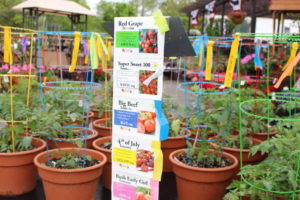
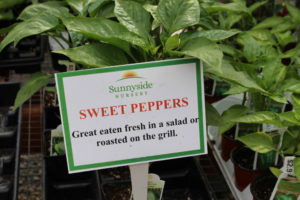
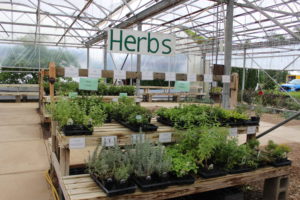



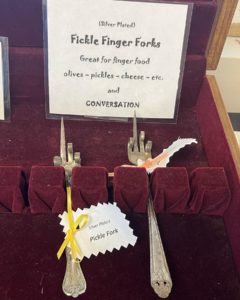
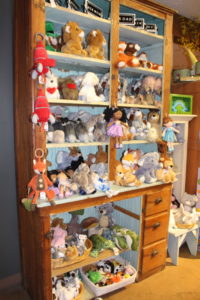
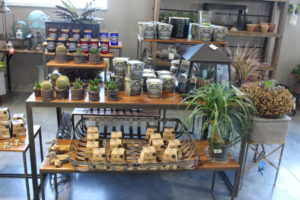

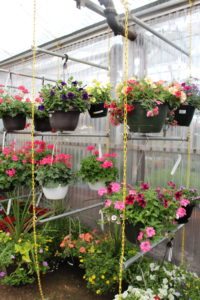
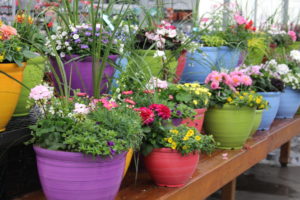
 Videos
Videos





